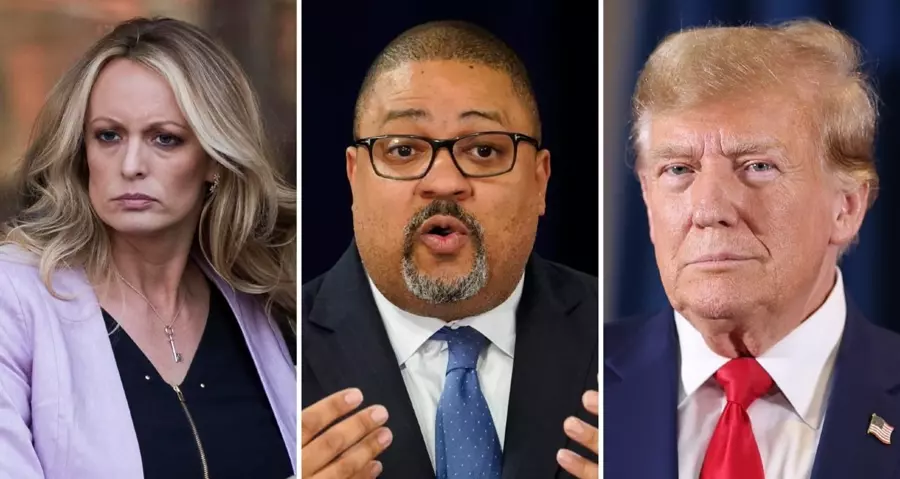In an unprecedented turn of events, former President Donald Trump may be sent to jail in the coming month due to his guilty verdict on 34 criminal counts for falsifying business records to unlawfully influence the 2016 presidential election. A jury reached this decision in May, marking a first in U.S. history for a former president potentially facing imprisonment. Trump’s sentencing is scheduled for July 11th.
Although a majority of the 14 legal professionals who spoke to ABC News believe it unlikely that Trump will be sentenced to prison before the 2024 election, five experts speculate that a jail sentence could indeed be in his future. The decision remains close-call, as enforcing such a verdict is fraught with complications. These include difficulties associated with imprisoning first-time offenders and the political implications of such an action.
Despite this uncertainty, it’s widely believed that Trump’s sentencing will be deferred until after the 2024 election or until he successfully appeals his case—a process that may take several months to a year. In the meantime, it is improbable that Trump would be required to serve any part of his sentence before then.
Karen Friedman Agnifilo, former chief assistant district attorney in the Manhattan district attorney’s office, emphasized the gravity of this case: “There is no more serious falsification of business records case that I can remember in the history of supervising and prosecuting many of these cases.
In determining Trump’s sentence, Judge Merchan has fewer specific guidelines to follow. New York’s penal law establishes a maximum prison sentence of four years for Class-E felonies, such as falsifying business records. Furthermore, probation officials will compile a report recommending a suitable sentence for Trump based on his personal history and character, which Judge Merchan can then consider in conjunction with the nature of the crime.
According to Justin Levitt, a constitutional law professor at Loyola Law School, this case is without precedent: “On behalf of New Yorkers—that’s who Judge Merchan is speaking up for—how big a breach of the social trust was this compared to all the other crimes that he and other judges sentence every day? There is literally no case that has been remotely similar to the criminal prosecution conviction of a former chief executive of the country.
Manhattan District Attorney Alvin Bragg employed an innovative legal theory in bringing his case against Trump. He argued that the former president falsified business records to hide a violation of New York election law, which prohibits conspiracies designed to influence elections through unlawful means.
However, some experts are skeptical that Judge Merchan could justify a prison sentence based on deterrence—that is, discouraging Trump from committing a similar crime in the future. Former federal prosecutor Jarrod Schaeffer remarked: “It’s not necessarily clear to me that this is a situation that will arise again that could be specifically deterred.
In sentencing Trump, Judge Merchan has several options at his disposal. He may choose to sentence Trump to probation, which would require the former president to report to a probation officer and adhere to specific conditions. These might include travel restrictions or curfews enforced by ankle monitor, as explained by former federal prosecutor Michael Zweiback.
However, implementing such restrictions during Trump’s presidential campaign could prove challenging, as New York Law School professor Anna Cominsky noted: “The more restrictions on someone’s movement sometimes makes it more difficult for them to live their lives and do their jobs.
In the event that Trump is sentenced to probation, he would be required to report to a probation officer and meet specific conditions. This could include potential travel restrictions or curfews, which could be enforced with the use of an ankle monitor, according to former federal prosecutor Michael Zweiback.
However, enforcing these terms in the middle of his presidential campaign could be challenging, according to New York Law School professor Anna Cominsky: “The more restrictions on someone’s movement sometimes makes it more difficult for them to live their lives and do their jobs.
Alternatively, Trump could be sentenced to a conditional discharge. In this scenario, Judge Merchan himself would oversee that Trump meets the conditions of his release, rather than a probation officer. The terms of Trump’s release might include paying a fine, performing community service, and avoiding future arrests.




